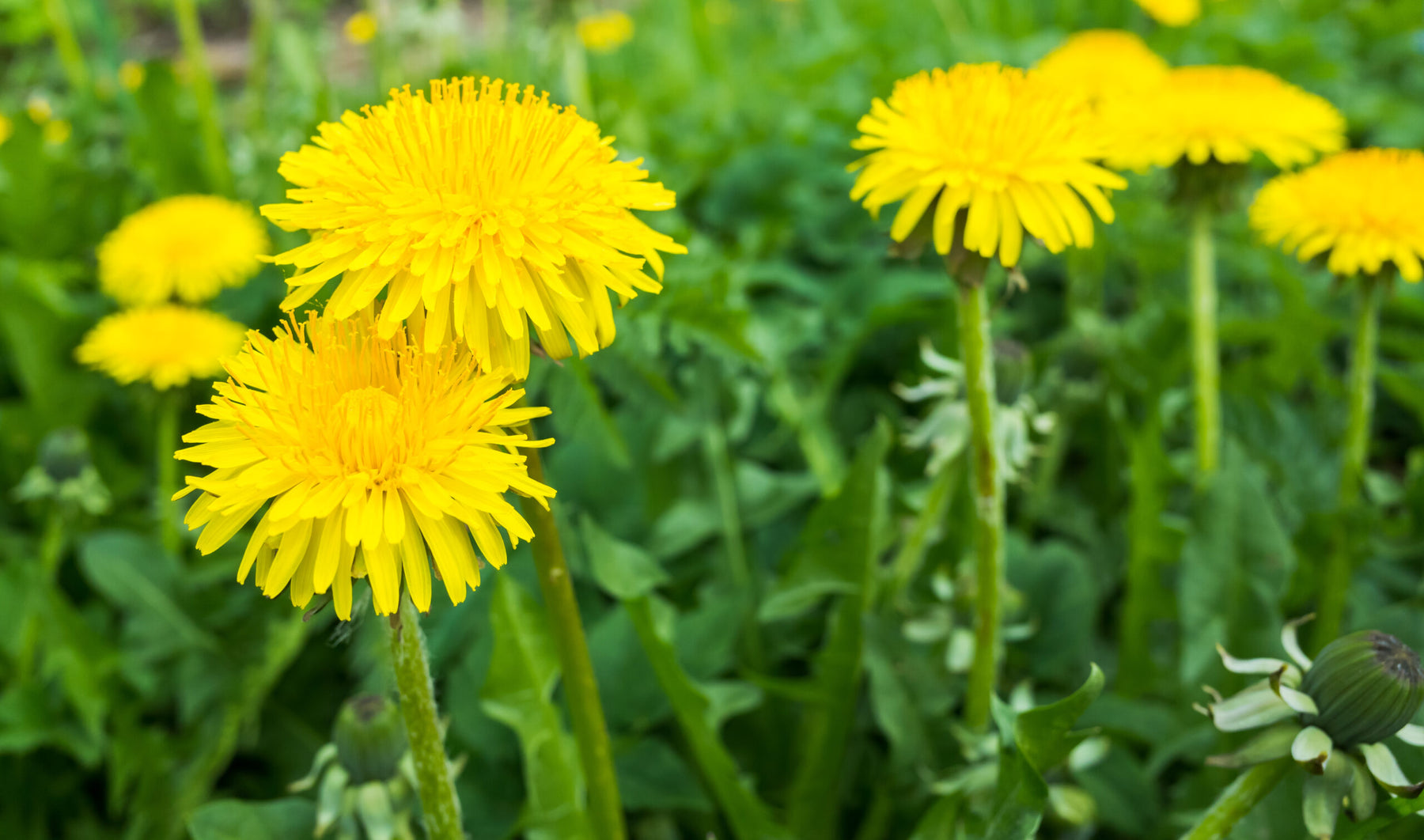The use of herbal preparations for various medicinal benefits has been practiced for centuries. Nowadays, these products are available in many forms, such as tablets, capsules, syrups, tinctures, decoctions, and infusions.
Tinctures are concentrated liquid alcoholic extracts made from plants and used as medicine. They are taken orally to alleviate a broad range of health issues, or as a preventive way to attain your wellbeing. Alcohol in tinctures helps to extracts active phytochemicals from plants and acts as self-preservative.
Tinctures are prepared using both fresh and dried herbs. People always come with the question which one makes better tincture? Looking back at historical uses of tinctures, both are equally important, and preference is based on the individual herb.
With years of experience in research and development of herbal medicine, I have identified various factors with reasoning. We hope this will help our readers to make their informed decision on which form of herbs to prefer for tincture production.
Dried herbs make stable extracts as drying process removes excess moisture and deactivates enzymes in the plant. Moisture and enzymes are two important factors which impact shelf life of the raw herbs.
Dried herbs make better extracts as controlling alcohol strength in final product is easy than tinctures from fresh herbs. Literature and our own research suggest that tinctures made from fresh herbs are generally weaker in terms of dissolved phytochemicals. The reason for this is due to the presence of water inside the plant cell. This affects the dissolving capacity of alcohol in the extraction medium. If tincture is made using dried herbs, alcohol has better chances of cell wall penetration and efficient extraction. Fresh herb tinctures prepared with significantly low alcohol strength leads to poor extraction of lipophilic Phyto-actives.
Preparation of fluid extracts (1:1 herb to solvent ratio) is difficult for fresh herbs with high water content. This is because, to get desired alcohol strength in product, higher amount of alcohol is required to compensate the inherent moisture in the fresh herbs. In this situation, it is difficult to adhere to fruit extract ratio i.e. 1:1. However, for the tincture where herb to solvent ratio is lower, compensating the inherent moisture with extra alcohol is still possible.
Dried herbs are better for making infused oils as presence of moisture in the fresh herbs make infusion process inefficient and affects the shelf life of finished product. Even traces of moisture in the infused oils can deteriorate the product stability.
Dried herbs can be stored for the longer time with minimum impact on shelf life. This fact provides the flexibility of transportation, storage and production around the year.
Drying process has some downside too specially for herbs containing essential oil and thermolabile phytochemicals. The essential oil levels in the herbs may get reduced during drying. Thermolabile chemicals is herbs may degrade due to heat applier in drying process. Sun-drying your fresh herbs and using them for production of tincture is the best possible solution to those problems.
Fresh herbs such as ginger, and turmeric are not suitable to produce tincture as these herbs require very high alcohol strength (up to 90% alcohol) to extract goodness from them. Inherent moisture prevents final product to achieve such high alcohol strength and therefore may lead to inferior product quality.
Fresh herb tinctures are suitable in situation such as 1) herbs which grow all around the year: 2) requires relative low alcohol strength to extract actives (around 25% alcohol); 3) herb to solvent ratio of final product is low and 4) has relatively low inherent moisture content.
Written by Dr. Shankar Katekhaye
Director for Quality and Research

